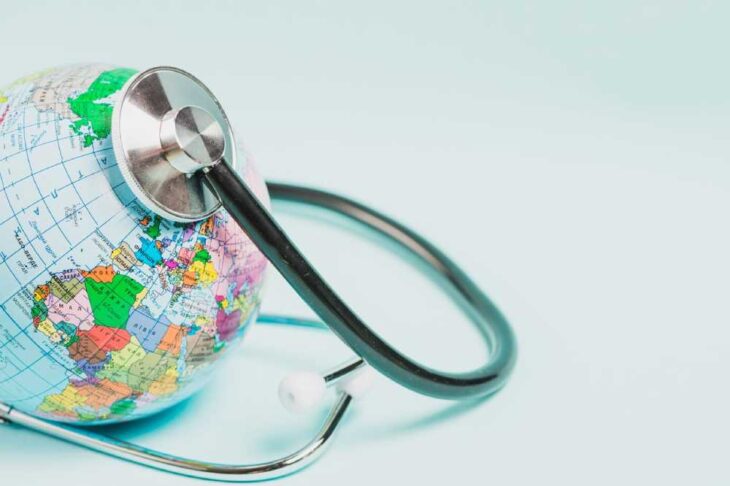
Your Guide to Blood Exposure
If you are the victim of blood exposure, you have plenty of reason to worry. Blood exposure goes from being a non-issue to a life-changing situation in the blink of an eye.
That is why it is so important to learn how to handle exposure to blood if you are ever unfortunate enough to experience it. The knowledge you need to help remedy the situation is right here.
Keep reading to learn more about blood exposure and how to handle it if it ever happens to you or someone you love.
Follow Universal Precautions
It is essential to follow universal precautions when it comes to blood exposure. This means treating all blood as if it were potentially infected and taking all necessary steps to avoid exposure to body fluids. These precautions include:
- wearing a face mask
- wear gloves while handling any blood specimens or products
- performing appropriate disinfection
- using appropriate personal protective equipment
Additionally, all individuals exposed to blood should wash their hands immediately and thoroughly with soap and water and seek medical attention if necessary. All individuals who may come into contact with blood or any of its components should be taught universal precautions and adhere to them at all times.
Dispose of Waste Properly
If any type of medical procedure, such as drawing blood, is performed, the used materials should be disposed of in a container intended for the disposal of potentially infectious waste. Gloves should be worn when handling any type of medical waste, and it is also important to make sure any waste is temporarily stored in a labeled, sealable container before disposal.
After disposing of hazardous waste, the hands should be washed with warm water and liquid soap, as well as any area that came into contact with blood. Regularly cleaning frequently touched surfaces with a solution of diluted household bleach and water. It can also help reduce the risk of exposure to blood or any other hazardous waste.
Report Any Incidents
Exposure to blood or bodily fluids can be hazardous, but with the proper guidelines in place, it can be easy to protect yourself and prevent harm. Anytime you come in contact with someone’s blood or bodily fluids you must immediately take the necessary steps to protect yourself. You should use safety equipment such as gloves or safety glasses if necessary.
If possible, avoid contact with other people until you can get medical attention. Apart from washing the area, you should also report any incidents of bloodborne pathogens (BBP) to your local public health department, doctor, or other medical personnel. Doing so will help to ensure your safety and that of others. Taking these steps will help to ensure a clean and safe working environment.
Understanding Blood Exposure
This guide has been your resource to better understand blood exposure. We have discussed ways to prevent exposure to blood and how to respond if it occurs.
Remember to thoroughly and properly clean any surface or area that has had exposure to blood. Always seek medical help when in doubt. Take preventative measures and stay informed with your care; this is your guide to blood exposure!
Prepare ahead of time and always practice caution while handling any bodily fluids. For other topics and guides, visit our blog today!

